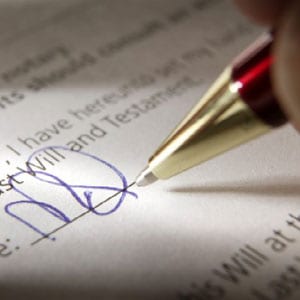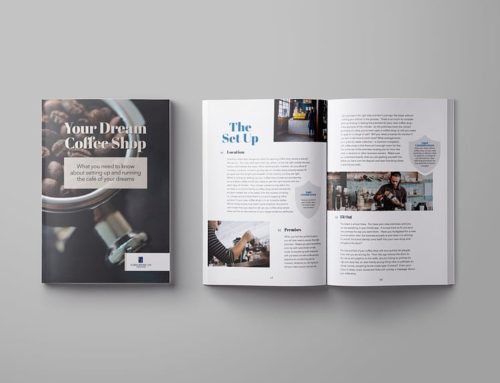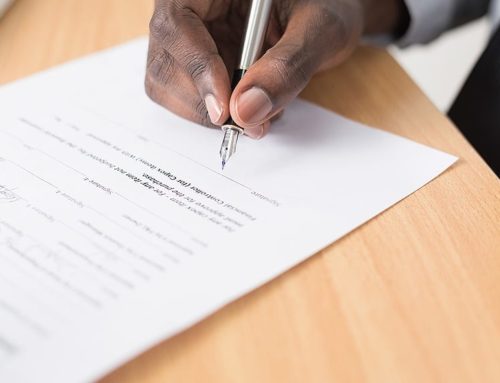 Your will contains your wishes as to who should receive your property after your death. It is the only way to ensure that your assets go to those you have chosen and it makes for good financial planning.
Your will contains your wishes as to who should receive your property after your death. It is the only way to ensure that your assets go to those you have chosen and it makes for good financial planning.
What you need to do
At Clarke Jeffers & Co, we can advise you how to go about making a will, and the tax consequences of the will you wish to make. You need to decide who is to benefit under your will before you visit us, and when you call to our office you need to give us the name and address of two persons, called your executors, whom you trust to look after your assets. In particular, there can be a heavy inheritance tax burden arising under a will.
We can advise you about this and reduce the inheritance tax liability significantly in many cases. It should be possible to have the will signed up in one visit to our office.
The advantages of making a will
The main advantage is that you can decide exactly who is to receive a benefit or benefits from you, and you will have the satisfaction of knowing that your wishes have been carried out by professionals who are experienced in this task. You can minimise the tax burden arising under the dissemination (or distribution) of your property or even ensure in some cases that there is no inheritance tax liability at all. You can appoint executors to look after the will and trustees to look after child beneficiaries. You can also appoint guardians of your infant children. If your will does not appoint a guardian, then it might be necessary to make an application or applications to court to appoint a guardian, which can be quite expensive.
We recommend that you contact your solicitor rather than making a homemade will, as you are dealing with the entire of your property (called “your estate”). If you use one of the homemade wills available in some large commercial stores, there is a risk that the will might not be valid, or might not deal with all of your property, or that some of the benefits under the will might be void.
Your will should contain a residue clause to deal with any assets which are not mentioned in the rest of the will, especially after-acquired assets. The concept of the residue is very important. For example if you win the lottery after making your will, the prize money will form part of the residue, because it will not have been mentioned in the rest of the will. The residue clause is a safety net or “catch-all” to make sure that no assets are left out. If there is no residue clause, part of your estate would not be dealt with by the will (you might die partly intestate) and complications could arise in the administration of your estate.
You are not “tied down” by a will and you may change it as often as you like once you remain of “sound disposing mind”. There may be a change of circumstances, if for example you have children, meaning that you would need to appoint trustees. A will is a flexible instrument.
The disadvantages of not making a Will
There can be significant delays in administering your estate if you do not make a will. You may find that your property is going to go to a person or persons who you do not wish to benefit from your estate. The person who looks after your assets, called an administrator, must be approved by the court and they must take out an administration bond which involves additional expense. There is a risk that some of your assets may not be dealt with at all. This has happened in numerous estates with no wills. The expression “your estate” means all that you own on the date that the will comes into effect. A heavy inheritance tax liability can also arise if you do not make a will. Your property goes to your next of kin if you do not make a will. In some extreme cases your property may pass to a person whom you do not want to take an inheritance from you.
For all the above reasons we strongly recommend that you make a will. We can usually arrange an appointment for you at short notice, especially if you are about to travel abroad.
For peace of mind, make a Will.






